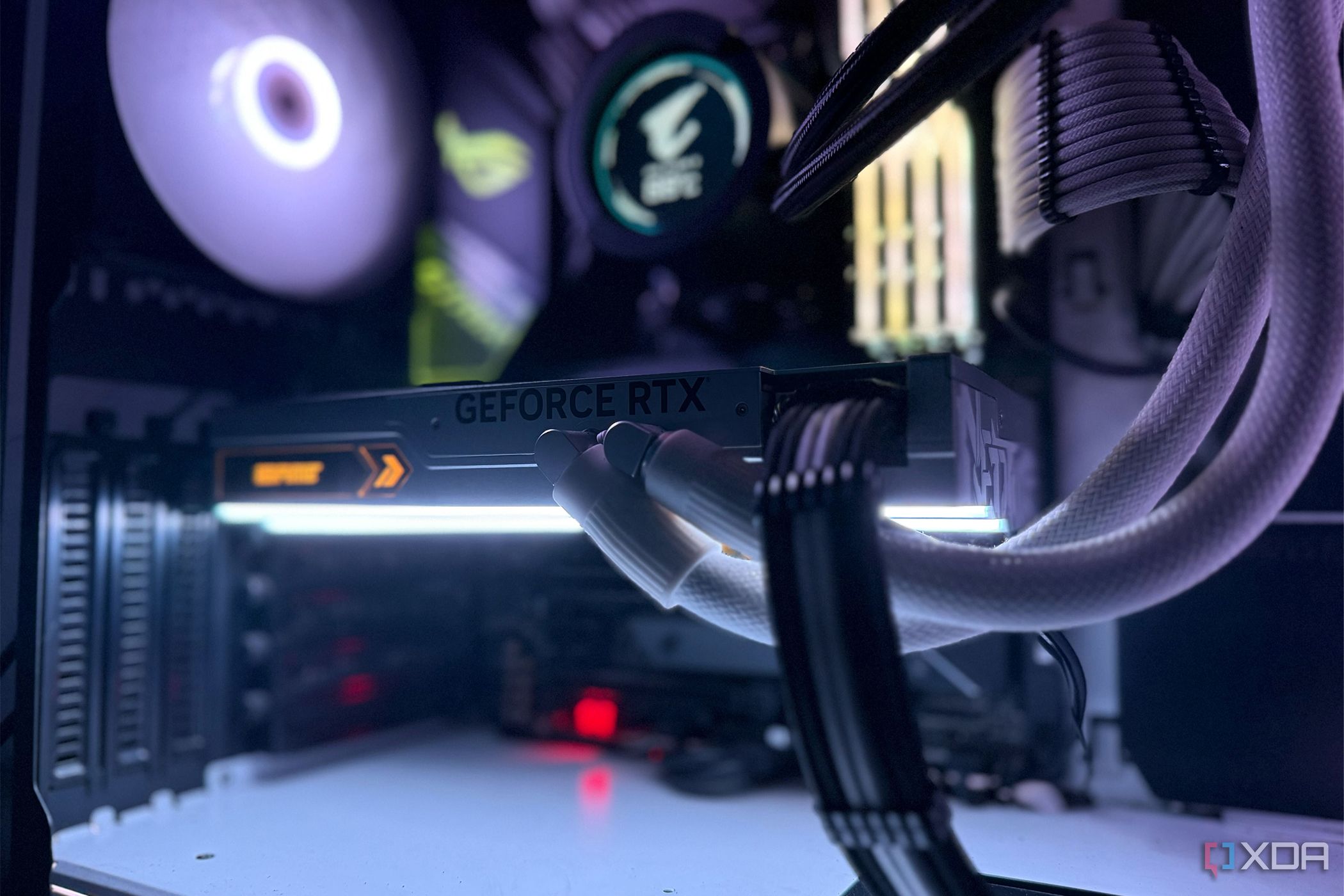Urgent Update: A growing number of gamers are expressing regret over their decision to overclock high-end Nvidia GPUs, particularly the RTX 4090. Reports indicate that while initial performance gains were enticing, serious drawbacks have emerged that could impact long-term usability and enjoyment of these costly graphics cards.
Gamers who overclocked their GPUs have noted significant increases in temperatures, with many GPUs reaching highs of 80C within minutes of gameplay. This alarming trend raises concerns about overheating and potential hardware degradation. One user shared, “My RTX 4090 never exceeded 75C at stock settings, but after overclocking, it was touching 80C almost immediately.”
In addition to higher temperatures, users are reporting a marked increase in fan noise. As temperatures rise, fans ramp up aggressively, creating an intrusive sound environment that disrupts gaming immersion. The noise serves as a constant reminder that the GPU is operating beyond safe limits, prompting many to question whether the slight FPS boost is worth the auditory disturbance.
Moreover, overclocking has led to an increase in power consumption, with some GPUs drawing over 450W during intense gaming sessions. This represents a staggering 25% increase in power use, which not only raises electricity bills but also questions the overall efficiency of high-end GPUs. Gamers are now faced with the dilemma of whether the marginal 5-7% increase in FPS is worth the additional strain on their systems.
Finally, stability issues have surfaced, with reports of random crashes during gameplay becoming increasingly common. Gamers have experienced frustrating interruptions, especially with demanding titles like Assassin’s Creed, leading many to revert to stock settings for reliability. One frustrated gamer lamented, “Nothing kills immersion faster than a game crashing in the middle of an important mission.”
While overclocking may have seemed a viable option for squeezing out additional performance, many users now realize the hidden costs involved. As modern GPUs like the RTX 4090 consume significant power even at stock settings, the pursuit of minor FPS gains can lead to major drawbacks, including higher temperatures, increased noise, and system instability.
In response to these challenges, some gamers have begun to undervolt their GPUs, opting for a more efficient setup that prioritizes stability and lower temperatures over marginal performance boosts. This approach not only reduces the risk of overheating but also ensures a quieter gaming experience, allowing for longer and more enjoyable sessions.
As this trend continues to unfold, gamers are urged to carefully weigh the benefits and risks of overclocking. With high-performance GPUs becoming increasingly power-hungry, the focus may need to shift from raw performance to efficiency and reliability.
Stay tuned for more updates on this developing story as gamers share their experiences and insights on the impact of overclocking high-end GPUs.
